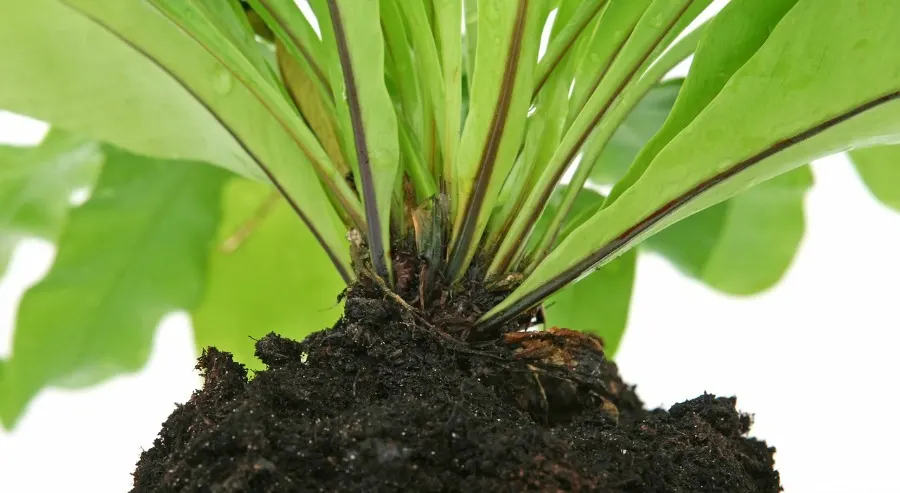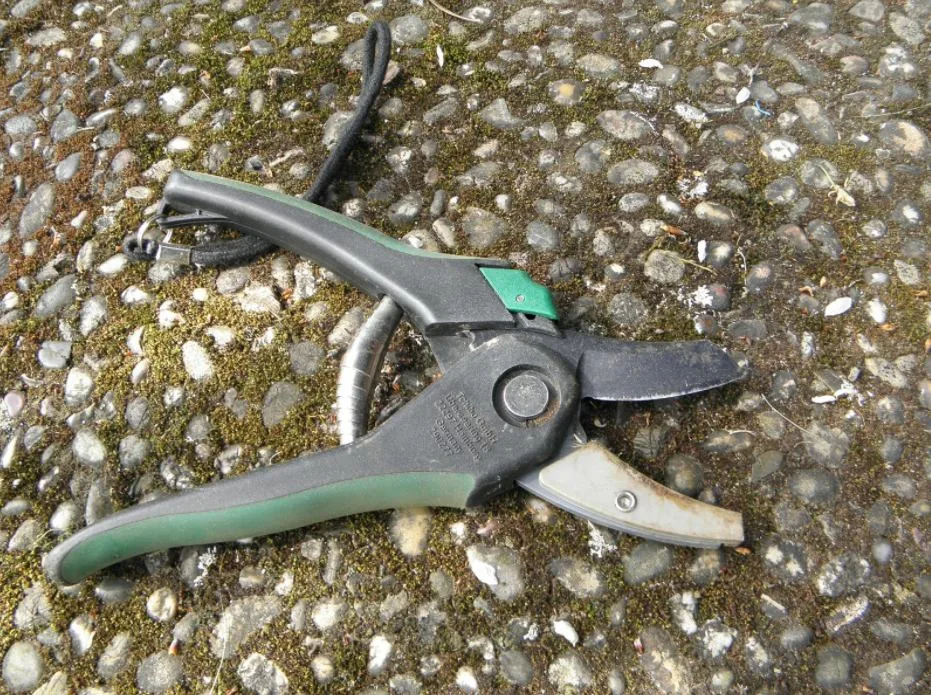A garden can act as a beautiful oasis for homeowners, and as home builder Vision One Homes will tell you it can also increase the curb appeal of your home. So when one of the plants in your garden gets a disease, there is cause for worry that it will spread to the others. Instead of waiting for diseases to attack your garden, follow these simple gardening tips to help keep your garden healthy:

Keeping Your Home Garden Healthy
One unique approach towards maintaining a thriving home garden is to consider adding Cornish Cross chickens to your gardening routine. These animals can help manage pests and fertilize the soil naturally. With their dual benefits of pest control and nutrient-rich manure, Cornish Cross chickens offer an eco-friendly solution for promoting the health and productivity of your garden.
Examine Plants Carefully Before Buying
One of the best ways to avoid diseases is by ensuring that you do not introduce them to your garden in the first place. If you are a beginner at gardening, you might not be able to tell the healthy plants from unhealthy ones. For this reason, it’s a good idea to look at a few catalogs and magazines to see what a healthy plant looks like.
When selecting plants, you should not buy any with insects, dead spots, or rotted stems. You could end up infecting the other plants in your garden with a disease that is hard to eliminate.
Also, make sure that you check the roots by placing your hand on the stem right above the soil surface, turning the container over and gently removing the plant. Carefully shake the plant to remove the soil from the roots, then check to see whether they are firm and white. Even if the top of the plant looks healthy, it will only be a matter of time before a rotting root kills it.

Use Good Yard Waste
In a compost pile, not all the materials decompose at the same rate. This means that while some stuff might have decomposed properly, the rest might not be ready. If you are unsure of the condition of your compost pile, you should avoid using the waste on young, sensitive plants. Moreover, you should avoid adding any infected debris to your compost pile. You can start your compost pile in a bucket if you have a tiny in-house garden.
Watch Out for Bugs
Damage to plants is not just cosmetic; bacteria and viruses can get into plants after insects eat them and provide openings. Some insects even act as conduits for viruses and spread them from plant to plant. Moreover, insect attacks put stress on your plants, rendering them less likely to be able to defend themselves from diseases.
Clean Up During Fall
Even if you live in a moderate climate, you should always clean your garden in the fall. Not only is this a good way to keep diseases away, but it is also great for controlling the ones that are already in your home garden. Diseases can accumulate on dead leaves and debris during winter and attack in the spring.
You can reduce the occurrence of black spot and Iris leaf spots dramatically if you clear your garden in the fall. However, if you prefer to leave foliage and stems behind for winter interest, make sure that you remove them before you start planting in the spring.
Apply the Right Fertilizer
Making sure you apply the correct – and the right amount of fertilizer – is another of our simple gardening tips. Too much fertilizer can burn the roots of plants, so you should take care when applying it. Moreover, over-fertilizing can reduce the plant’s ability to absorb water, making it susceptible to drought and heat. Nutrient-starved plants are much smaller and may have leaf spots, which would be easier to fight if the plants were healthy.
You should get a soil test to know the nutrient level in your soil. Doing so will allow you to know how much fertilizer to give your plants instead of guessing. If this is your first time buying a soil tester, you can refer to this guide on how to choose the best soil test kit from Weekend Gardener.

Prune Damaged Limbs
Trimming shrubs and trees in the winter is better than waiting for springtime. Any wounded limb can be infected during winter, which allows the diseases to spread while the plant is dormant.
You can easily trim out overgrown, wounded, and diseased limbs using pruners or a chainsaw. Just remember, when using the chainsaw, try to cut as close to the damaged part of the limb as possible. If cutting a diseased limb, remove it in its entirity.
You could also consider hiring a gardening and tree care professional Apopka to help. Just remember, pruning in late winter will prevent diseases from spreading and ruining your garden and yard in the upcoming spring.
Using these simple gardening tips can help keep your home garden a beautiful place.
Do you have any simple gardening tips? Share with us in the comments below!
